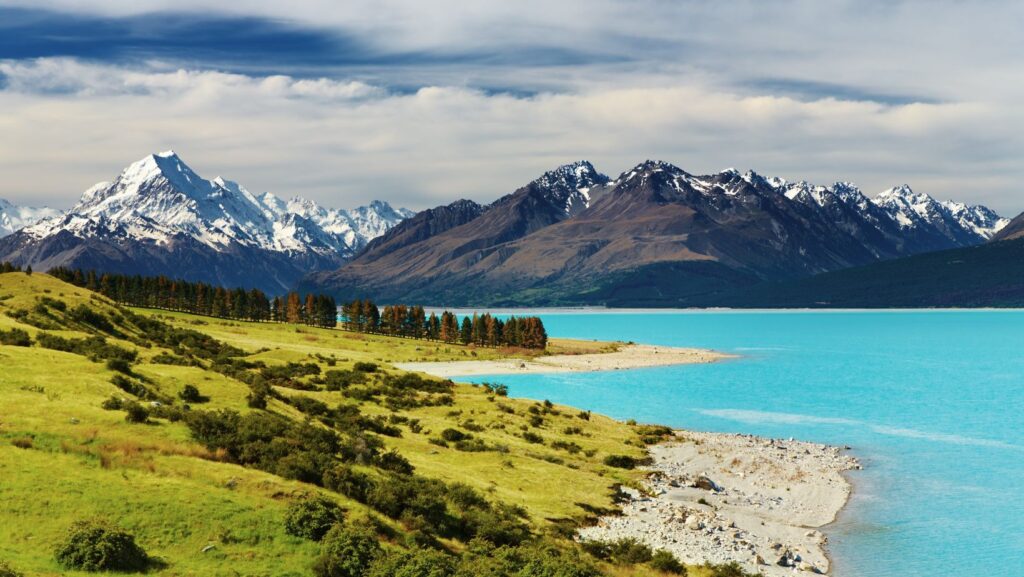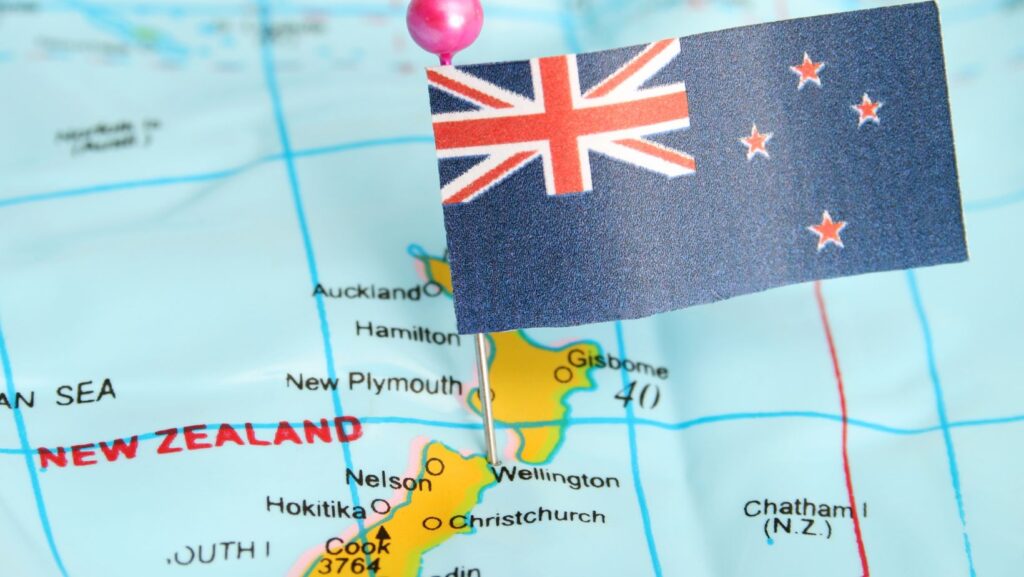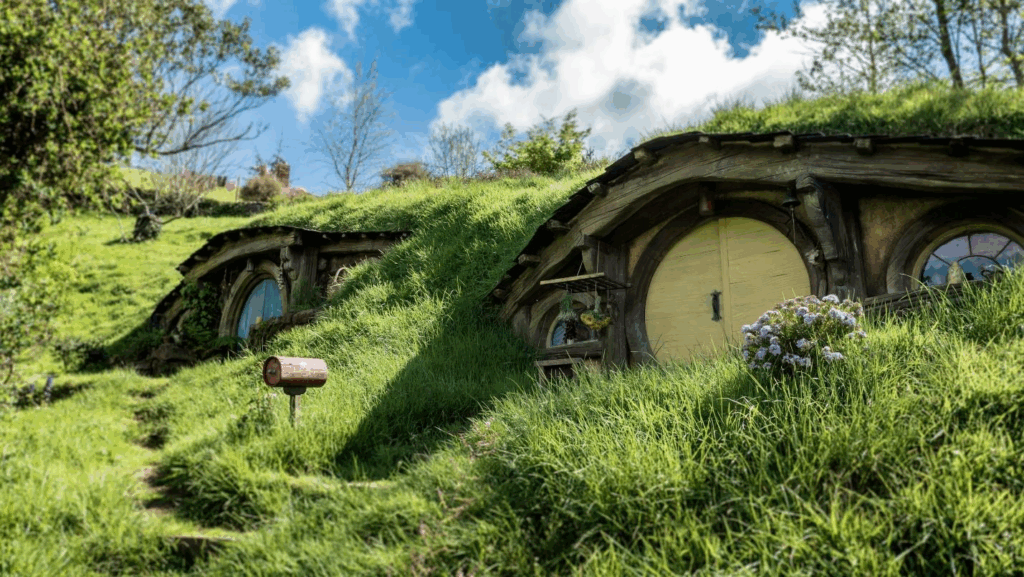Travelling around the world is one of the most amazing experiences you will ever have because when visiting new places, you feel like stepping into an entirely new dimension. The air smells differently, the rhythm of life beats to an unfamiliar tempo, and even the simplest conversation with a local will leave you second-guessing whether you truly live on the same planet. For many Americans who set foot in New Zealand for the first time, the initial joy of adventure is often mixed with an undeniable wave of cultural shock, a sensation that creeps in subtly yet powerfully as the hours, days, and weeks unfold in a land that feels both approachable and utterly foreign at the same time.
Your first surprise will be to notice that New Zealand has a different pace of life
As we said, one of the first cultural differences that would hit any American when visiting New Zealand for the first time is the pace at which life moves. Major American cities thrum with urgency, so you most likely spend your days trying to catch the subway, juggling multiple coffees a day, and hearing a driver leaning on their horn at the faintest hesitation or another road participant. New Zealand is on the opposite; it greets visitors with a slower, gentler, and more deliberate rhythm. Cafés may take longer to serve meals, buses might not run with military precision, and small towns may even close down early in the evening, a sharp contrast for Americans accustomed to 24/7 convenience. This slower pace, while charming to many, can initially cause frustration, especially when a traveler expects everything to function at the same level of speed and immediacy as it does back home. But once you embrace it, you will most likely treasure it as much as the locals and want to take it home with you.
You will deal with similar language similarities and differences that will confuse you
Of course, you will think that you will have no issue to understand the locals because they also speak English, but the cultural shock of language difference will be unavoidable.

Yes, they speak English, but they’re also located across the globe, so expect for several differences. The first time someone greets you with “Kia ora” (a Māori phrase meaning hello), or tells you that your sneakers are “trainers,” or suggests grabbing some “chippies” for a picnic, you may pause in amused confusion. You might find the famous Kiwi accent even more baffling because the vowels shift in surprising directions making “fish and chips” sound more like “fush and chups.” You could end up in a conversation where you nod along politely only to realize along the way that you misheard half of what the others were saying.
The social customs could shift your expectations
The social interactions tend to provide a layer of cultural shock for tourists because New Zealand is known for its humility and friendliness, but you should know it’s not represented in the same way as Americans are used to. In the United States, small talk flows freely, people compliment strangers with ease, and networking often begins with quick, cheerful introductions. In contrast, New Zealanders are typically more reserved in the beginning; their friendliness emerges in subtle ways that feel more understated but deeply genuine. It’s easy for you to have the misconception that the locals are aloof, but you should know that in reality, they are simply quieter and have a more grounded approach to human connection. Kiwis usually take a longer time before inviting their new acquaintances to their homes because once they do it, it signifies that they have created a genuine bond. So, inviting someone to their place is more than a casual social gesture.
You will be surprised by the locals’ everyday practicalities
As an American, chances are even the practicalities of life in New Zealand will be surprising. When doing groceries, expect to encounter some unfamiliar brands, cuts of meat, and sometimes even higher prices due to the geographical isolation of the islands. Driving will also present a series of challenges because you will find yourself navigating roundabouts and sitting on the wrong side of the car. Expect your instincts to scream every time you approach an intersection. Even the tipping culture, or more accurately, the lack of it, could cause you a moment of hesitation because, as an American, you will instinctively reach for your wallet after a meal, but the personnel will tell you that gratuities are neither required nor expected.
A great way to cope with cultural shock is to stay connected
When dealing with these familiar sensations, you should look for ways to ease the transition. One effective way is to maintain a strong connection with loved ones from home. Cultural shock often feels like an invisible weight that grows heavier when the moments of homesickness strike late at night, when you’re at the hotel after a busy day of roaming around. In these moments, the ability to reach your loved ones through a simple video call or text will feel like a lifeline. And thanks to technology, you can stay in touch with them quite easily, with the help of a Holafly travel eSIM for New Zealand that includes an international plan to ensure seamless communication. For example, you might feel a wave of loneliness one night after exploring Queenstown, and want to reach out to your friends at home, so you use the eSIM plan to share photos and even hop on a video call with your best friend in New York to bridge the gap between continents.
Conclusion
As an American traveling to New Zealand, the cultural shock isn’t just an obstacle to overcome, but an essential part of your journey.

You should view it as a challenge that will reshape your view of the world and help you gain a deeper appreciation for life lived differently. From the slower pace of daily routines to the distinct accent, from the reserved but genuine social connections to the peculiarities of everyday life, every difference has the power to transform frustration into fascination.


